On September 10, 2001, I was traveling. Fresh from a first visit to Japan, I was heading home, to Buffalo, New York, where I was in graduate school. My flight took off from Tokyo and landed in, yes, New York City, where I was to transfer for the short flight to Buffalo, in a small commuter plane. It was late evening.
Our small plane loaded and taxied toward the runway, and then we sat, for quite some time, a delay. So long a delay that the little plane was running low on fuel, the captain announcing that if we didn’t get clearance to take off within the next ten minutes, we wouldn’t be flying. “Unfortunately, there are no more flights to Buffalo tonight, so we’ll have to put you on one tomorrow morning,” the bearer of bad news informed us, via his cockpit microphone. That would mean trying to get out of New York City on the morning of September 11.
Very fortunately, we got clearance a few minutes later, and the plane took off from their airport there in Queens. Our plane swung around the south end of Manhattan, and from my right-side window seat I could very clearly see the World Trade Center, not far away, all lit up for the last time. The next morning, the world would change.
I arrived very late into Buffalo and somehow got home, where I slept like the dead after crossing half the globe. I arose the next day, 9/11, probably towards noon, and stumbled to the shower, knowing nothing. After stepping out, I noticed my answering machine blinking; I had missed a call while showing. (This was back in the days when land-line phones had separate answering machines.)
It was my mother, voice frantic, asking if I was home safe. “Sure,” thought a vexed I , why the concern? Efforts to return the call were futile; the nation’s phone lines were jammed, especially long-distance, as this was. For ten minutes my calls went nowhere. Not a busy signal, just nothing. “Odd,” I must have remarked then. Attempted calls to my sister met the same sad fate. Few people had cell phones back then, certainly not me.
Finally, I got through to my grandmother, who lived only a few miles away. “Oh, Tommy! I’m so glad you’re safe!” I remember her saying. (My family still calls me Tommy. They’re allowed.) She then told me what was going on, which involved the nation being under attack and buildings crashing down. “Ah, okay, sure, Grandma,” I believe I muttered, thinking her overly reactionary.
But then I heard, in the background, an announcer from her television, and I realized indeed something was happening. I turned on my own TV and learned the events, and probably the TV stayed on for the next few days.
Eventually I got through to my mother, and set her troubled brow to rest. I learned later she was talking about driving up to Buffalo, a 10-hour drive, just to see if I was safe. My family worries about me. After the 2016 terrorist attacks in Brussels, five of my relatives asked if I was okay, on the off-chance that I was there. I wasn’t even traveling at the time.
Six weeks after September 11, I was traveling again, this time to Hong Kong and China, also my first time for both. Travel had changed radically. Ticket prices were nothing ($400 USD, round-trip, from Buffalo), and the destinations were so cheap I stayed for about a month. Everyone was super-polite to each other, the airline staff and the passengers. Everyone was super-patient. The plane was two-thirds empty and I thus had three seats to myself.
The trip was a lark. I was finished with all my scheduled classes at the university and was working on my final papers, so my life was very flexible, and when I realized how cheap tickets were, I jumped at the opportunity. I spent time in Hongkers and then went inland to Yangshou and Guilin, China, where I took tai chi sword lessons and met oodles of people, one of the most memorable trips ever.
But travel changed again. It took a few years, but the freedoms we had enjoyed then are probably gone for good. Anyone used to be able to walk into an airport’s departure area, after going through security. Now you need a ticket and an ID. Security used to be metal detectors; now it’s an x-ray of your entire body. For a while, even to park at the airport required someone searching your car. Buffalo, New York is right on the Canadian border, and going between the countries used to be nothing. We’d often go to Canada just for the day, or just for dinner. Most of the time, you didn’t even need an ID. Now you need a passport card, minimum.

The American media has been full of articles this month about the twentieth anniversary of 9/11, a significant portion concluding that the event was a test, and that we didn’t pass. We put too much our attention into directives that have limited effects on future terrorism.
The world in general did indeed find effective ways to thwart terrorists, mainly by going after the groups directly, especially their money supply. But we also put checks in place for public transportation and public places, usually in reaction to whatever happened most recently.
In East Asia, hotels and shopping centers often have metal detectors that you walk through and/or security staff checking your bag, though the checking could hardly be more courtesy. They just look inside your bag, or perhaps poke around for a second with a stick, with you opening it for them. I could hide my weapon in one part of the bag and open the other part for them and they would never know.
I once stayed at a large hotel in Manila and every, every time I entered the place the metal detector would go off. I eventually learned to not stop, just keep walking in like I owned the place, and they never challenged me. At a hotel in Jakarta where I stayed, every car that pulled up to the front was checked by a guy with a large mirror on a stick, moving it under the car so he could check the underside. Last time I was in Paris, random metro entrances were staffed, poking into my camera bag with that special stick. Sticks can find anything.
It is of course, the airport where things changed the most. In the USA, airport security is now handled by the Transportation Security Administration (TSA), a government department that did not exist back then. Their staff is lightly trained (at least at the beginning: one week of classes, 1.5 weeks on-the-job training) but wants the public to view them as like a police officer. They even had badges on their uniforms, a drawn-out decision by the agency to look more official, even though they don’t even have the power to detain you if they did find a bomb. They’d have to call the regular police for that.
There’s hardly a semi-frequent traveler who does not have a story about how during a security check, these people determined that some innocuous item was dangerous, and had to be thrown away. I have lost two corkscrews, a tiny fork with tines about one centimeter long, and a can of Chinese congee to these people. They shook the congee can and declared it to be liquid, though it clearly was not. They once objected to my camera tripod, and I had to leave security, go back to the terminal, and check-in the tripod, just the item by itself. I was sure I would never see it again, but it made it.
No way could I take down a plane with a camera tripod, a tiny fork, or a corkscrew. No way could I take down a plane with a sharp knife even, as the cockpit doors are now locked and they wouldn’t open for me even if I’m truly threatening someone’s life. No good pointing out that the forks already onboard the plane, the ones they give you for dinner, are far larger than the one they’re taking away from us. Out it goes.
Regular tests of the TSA by undercover agents carrying weapons, just to see if they’re detected, reveals that the TSA fails to find the weapons 95% of the time.
One time in the airport in Costa Rica, they announced at the gate that no liquid could be brought on board, even though any liquids anyone had at that point were ones bought inside the airport, after security. So everyone there at the gate popped whatever liquids they had bought and chugged them on the spot. I had bought a beer at a stand inside, and so I downed it, right next to the gate. With surely a large burp, I safely boarded my now-liquid-free plane. Safety.

Three other incidents have changed how airport security treats us:
1) The shoe bomber. This happened in December 2001, too soon after 9/11, when a guy attempted to construct a bomb inside his shoes, to be detonated on board, on a flight from Paris to Miami. He had about 10 ounces of explosives in his oversize shoes, and was restrained after he struggled to light the fuse, and failed.
2) The liquid bombers. In 2006, a small group of men attempted to develop an explosion from liquids, using hydrogen peroxide or acetone peroxide (accounts differ), that could be detonated using an electric charge from batteries and a small camera’s flash unit once on board an airplane. This plot never got off the ground—most members had been all under surveillance for some time, and authorities broke up the plot weeks before its planned date. It was never clear whether the group had a successful test of the explosive procedure.
3) The underwear bomber. In 2009, a man attempted to detonate an explosive device hidden in his underwear. The device failed to detonate, instead letting out a flame, which seriously burned the would-be bomber. Other passengers restrained him after the failure.
These three single, isolated episodes led to (1) everyone having to take off their shoes and being X-rayed at security, (2) liquids being seriously restricted and (3) some electronics being x-rayed separately. Instead, we should have learned two things, the first being that the best way to stop terrorists is before they get to the airport. The security check is the last line of defense, not the first. The first is better methods to detect and track would-be terrorists, as what happened with the liquid bombers. They were rounded up long before they could make any attempt. Documentation for getting a visa is now much more extensive, around the globe, and countries are sharing passenger lists, so any questionable people can be questioned as the cross borders.
The second thing to learn is that frak, it’s damn hard to make a bomb go off in an airplane. These three incidents are three examples of failure. Sure, we can X-ray our shoes and bodies, but even if we don’t, it’s hard to make mischief, and such public failures surely made any possible copycats question the method.
In the USA, we have programs like PreCheck and Clear, designed to check us out in advance so that we can get through the airport lines quicker. But you must pay to join them, and you must give up personal information. Some info, like fingerprints, a criminal background check, employment history, are transparent. Others are not. The TSA has floated ideas about collecting social media info, press reports, and data broker-supplied location and spending habits info.
None of those translate into terrorist activity, unless you constantly post on Facebook about how you want to take down a plane. You could have a history of robbing gas stations and never once think about airplanes. And of course, no one is a terrorist with a history, before they get caught. These are private companies, to whom we pay money to save time on security checks that the government has mandated. Their entire marketing strategy is about saving time from the mandated airport checks. We pay for the security, to be inconvenienced, and then we pay more to avoid it.

Before 9/11, you could arrive at the airport 45 minutes before your flight and probably still make it, depending on the lines and the time. Now, my minimum is two hours. I always remind people of that when they tell me they have a quick flight. I live in Washington, DC and for a trip to New York City, no way would I ever fly. It’s a quick flight, just over 30 minutes, but factor in the two-hour advance, plus an hour to and from each airport, and the 4-hour train ride is much, much better.
The USA doesn’t have a national ID card. Probably something to do with freedom and liberty here. Thus, driver’s licenses from each state fulfill that role, and the federal government has been after each state to make them more accurate. We now have something called a “Real ID”, meaning my license has a special star on it to indicate that I have, by various documents, proven who I am and where I live. This is important because soon, you won’t be able to get on an airplane here without a Real ID.
Here’s why we are safer, a mere two changes to air travel that changed everything, and have nothing to do with security checks:
1) Cockpit doors are locked. That’s it. So simple. Many are bulletproof as well. If a hijacker can’t get to the cockpit, he can’t hijack the flight. Even if he’s threatening death outside, he’s not getting into the cockpit. This one change has thwarted loads of hijacking strategies.
2) Passengers will fight back. Four men with sharp blades have no chance against 200 passengers who will swarm them. One of the 9/11 flights proved that, in a crazy way. When the passengers on the fourth plane, Flight 93, realized they had been hijacked, and realized that reports from New York City and DC meant they were likely on the same path, they voted to storm the cockpit. Imagine that; they freaking voted. And they took the plane down.
A few simple changes have made travel, especially air travel, safer. A few simple threats can make everything else more dangerous. It’s simply too easy to carry a small bomb onto a train or a bus or a public square. The only way to thwart this is to check everyone going into any public space, and that’s impossible.
One of the reasons I’m writing this post is because for travel bloggers, it’s often a young person’s game. So many bloggers are in their 20s, and they probably don’t well remember what travel used to be like, and the discussions of the changes afterwards. I’m not in my 20s, and well remember the changes.
Thus one of the largest changes is the way we look at our fellow travelers, with suspicion. I remain hopeful that we’ll get over this trend in human history, for terrorism is indeed extremely rare. But the effects, the fear, and the changes will never truly go away.
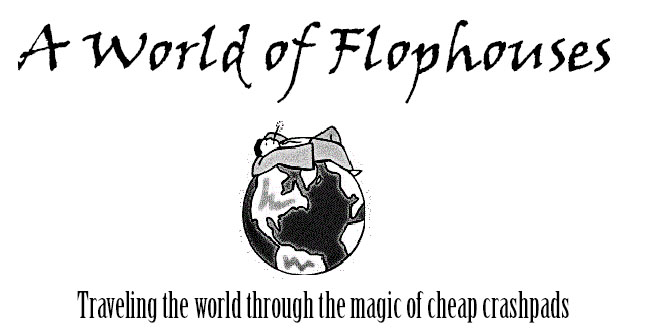
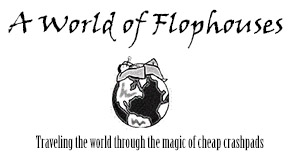
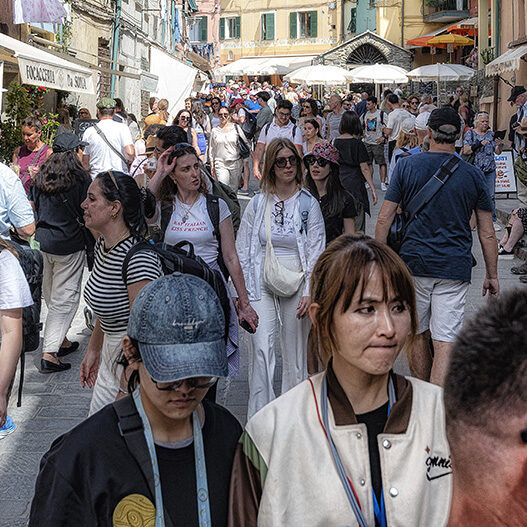
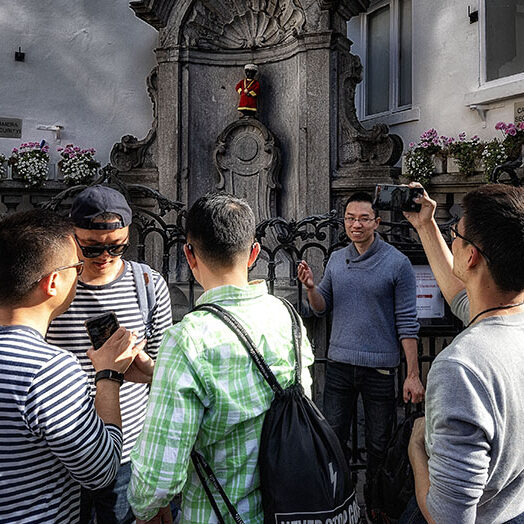
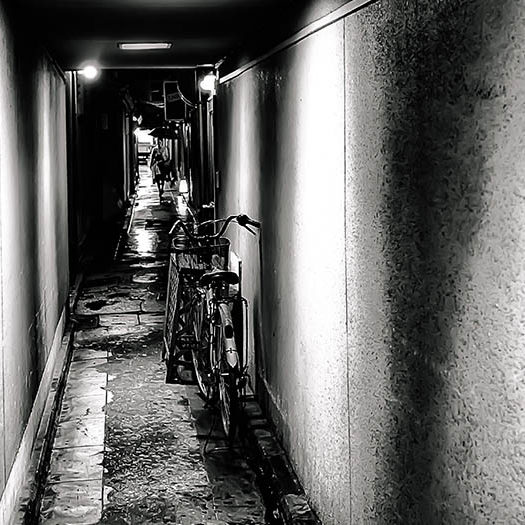
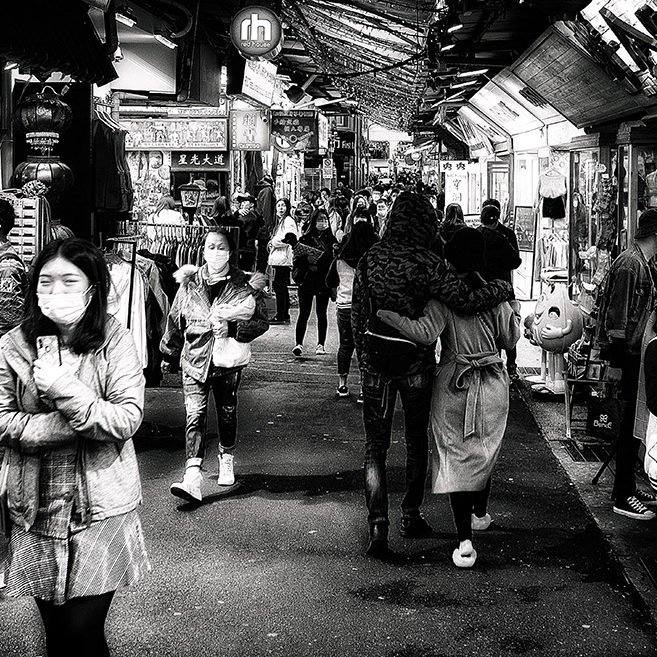
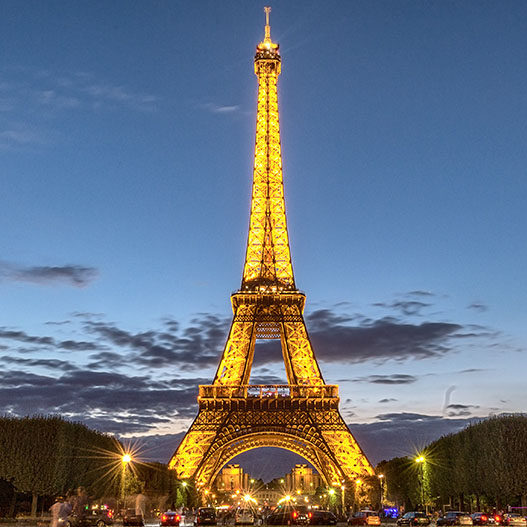
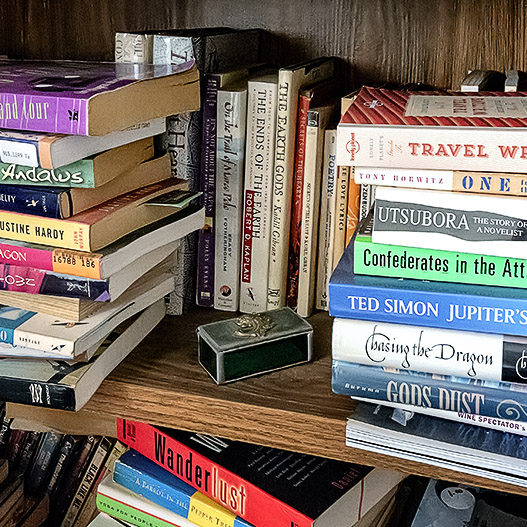
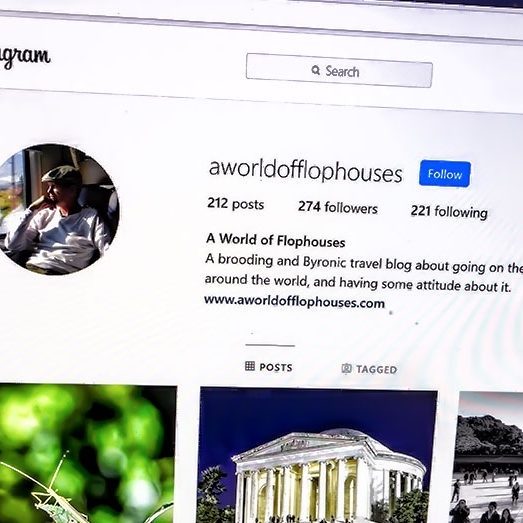
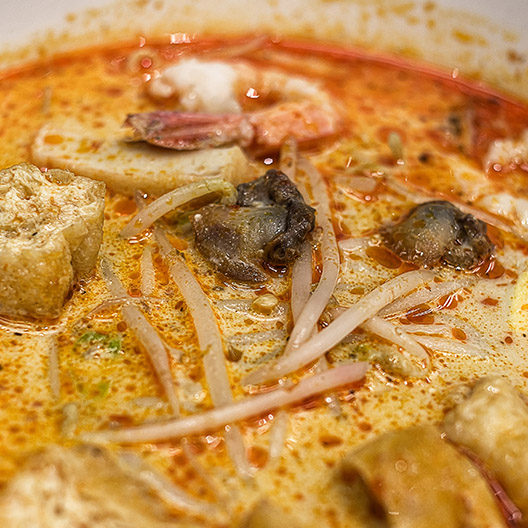

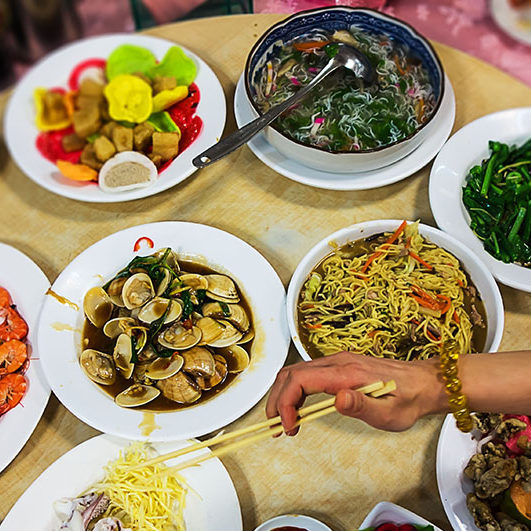
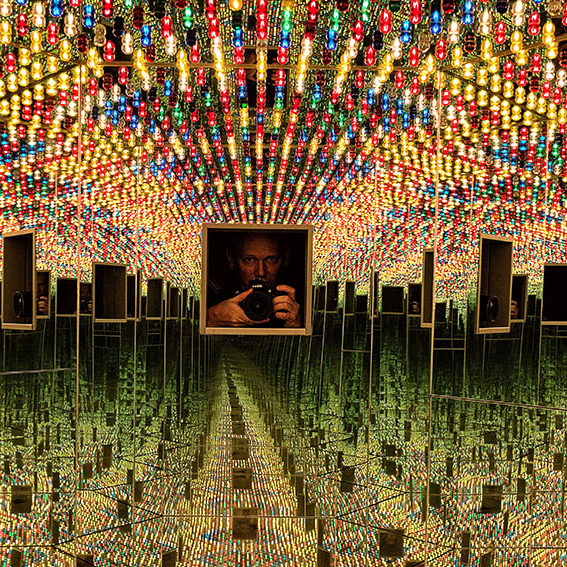
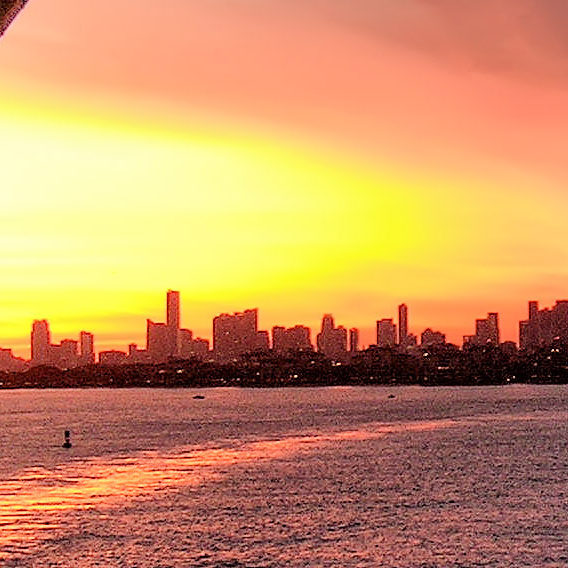
Wow, that was a great read on the changes to travel over the years pre and post 9/11. I was 17 when it all went down, so old enough to remember and I had travelled a bit, but never as an adult or on my own. So, I don’t even remember the differences pre-9/11. How mind-blowing that you can pay extra money to ‘save time’ at the airport, just with the small sacrifice of giving up all sorts of personal info to a private company – no thanks! Crazy time to be alive.
Yeah, there’s no incentive for the airports to make security checks quicker or easier — since they want to you pay extra money to sign up for those programs anyway. I’ve had people, with credentials around their neck, stop me in the airport and ask me about my flight. Assuming they’re airport employees, I answer, only to find out they work for those private companies who want me to sign up with them. Bastards.
So much has indeed changed for travel since 9/11. Increasingly new restrictions have been added. We now add so much time before our flights to deal with all the delays getting checked in. I too have had all kinds of silly interactions because of fluids. Especially when I purchased fluids after the security check. And Covid has introduced many new requirements. And many like those put in for 9/11 may never go away.
Yes, it’s weird how it’s changed. I remember the first time I flew to Australia, I was allowed to visit the cockpit and that was where I saw Australia’ for the first time. Can you imagine being allowed that now?
I was flying from London Heathrow on 9/11 and remember announcements on the underground train about the US flights but not understanding what had happened. And then once at airport, there were all sorts of rumours about London being the next target and no flights. Travel changed from that day on. Interesting read.
How the beginning of the story would be different if you arrived on the 11th! I came from Indonesia and we always wondered why did people could wait in the arrival room or sat in the departing room with someone whose going to travel before 9/11 in the US. I think no other countries in the world did that. You are right that young people need to be reminded about flying now.
My goodness, yes, the story would be so different if I had arrived on the 11th.
I too have been travelling well before 9/11 and remember how that changed over night the way we flew and crossed the border (Canada to US). And now with the pandemic it will be another change.